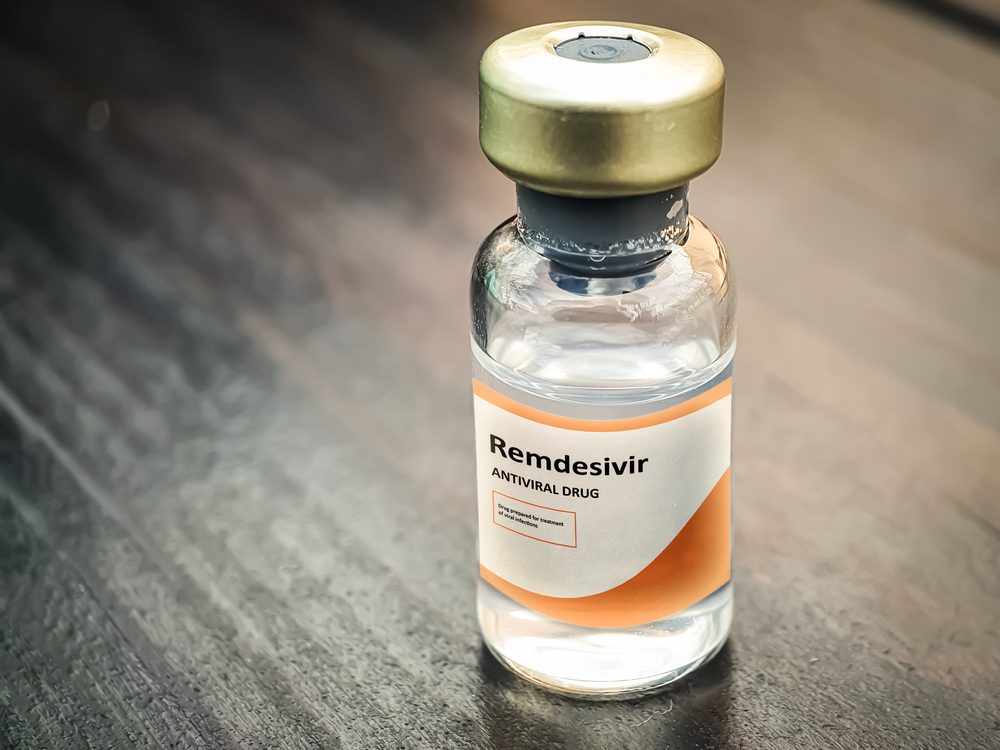
The Phase 3 SIMPLE trial of Gilead Sciences Inc’s antiviral drug remdesivir has reached its primary endpoint, supplying positive data that COVID-19 patients administered the drug early fared better than those treated later.
From 397 patients, the study revealed that 62 percent of patients treated early were discharged from the hospital, against 49 percent of those treated late. Patients were dosed in five-day and 10-day regimens, targeting those with severe manifestations of the disease. Those receiving a 10-day treatment improved similarly to those taking a five-day treatment course, and no new safety signals were identified in either treatment group.
“These data are encouraging as they indicate that patients who received a shorter, 5-day course of remdesivir experienced similar clinical improvement as patients who received a 10-day treatment course,” said Dr. Aruna Subramanian, Clinical Professor of Medicine, Chief, Immunocompromised Host Infectious Diseases at Stanford University School of Medicine and one of the lead investigators of the study. “While additional data are still needed, these results help to bring a clearer understanding of how treatment with remdesivir may be optimized, if proven safe and effective.”
The data has yet to be peer-reviewed, and remdesivir has not been licensed or approved, but it is a good start and a good sign for the drug’s future.
“Unlike traditional drug development, we are attempting to evaluate an investigational agent alongside an evolving global pandemic,” Dr. Merdad Parsey, Chief Medical Officer of Gilead Sciences, said. “Multiple concurrent studies are helping inform whether remdesivir is a safe and effective treatment for COVID-19 and how to best utilize the drug. These study results complement data from the placebo-controlled study of remdesivir conducted by the National Institute for Allergy and Infectious Diseases and help to determine the optimal duration of treatment with remdesivir. The study demonstrates the potential for some patients to be treated with a 5-day regimen, which could significantly expand the number of patients who could be treated with our current supply of remdesivir.”
Half of the patients improved over 10 days, among those in the five-day treatment groups, and 11 days in the 10-day treatment group. More than half were able to be discharged from the hospital by day 14 from the five-day group. For the 10-day treatment group, more than half achieved clinical recovery, meaning they either no longer required oxygen support and medical care or were discharged. That said, clinical outcomes did vary by geography.
Still, Gilead reported that remdesivir was generally well-tolerated in both treatment groups. The most common adverse effects felt were nausea and acute respiratory failure, which occurred in more than 10 percent of patients. Another 3 percent had to discontinue remdesivir treatment due to elevated liver tests.




